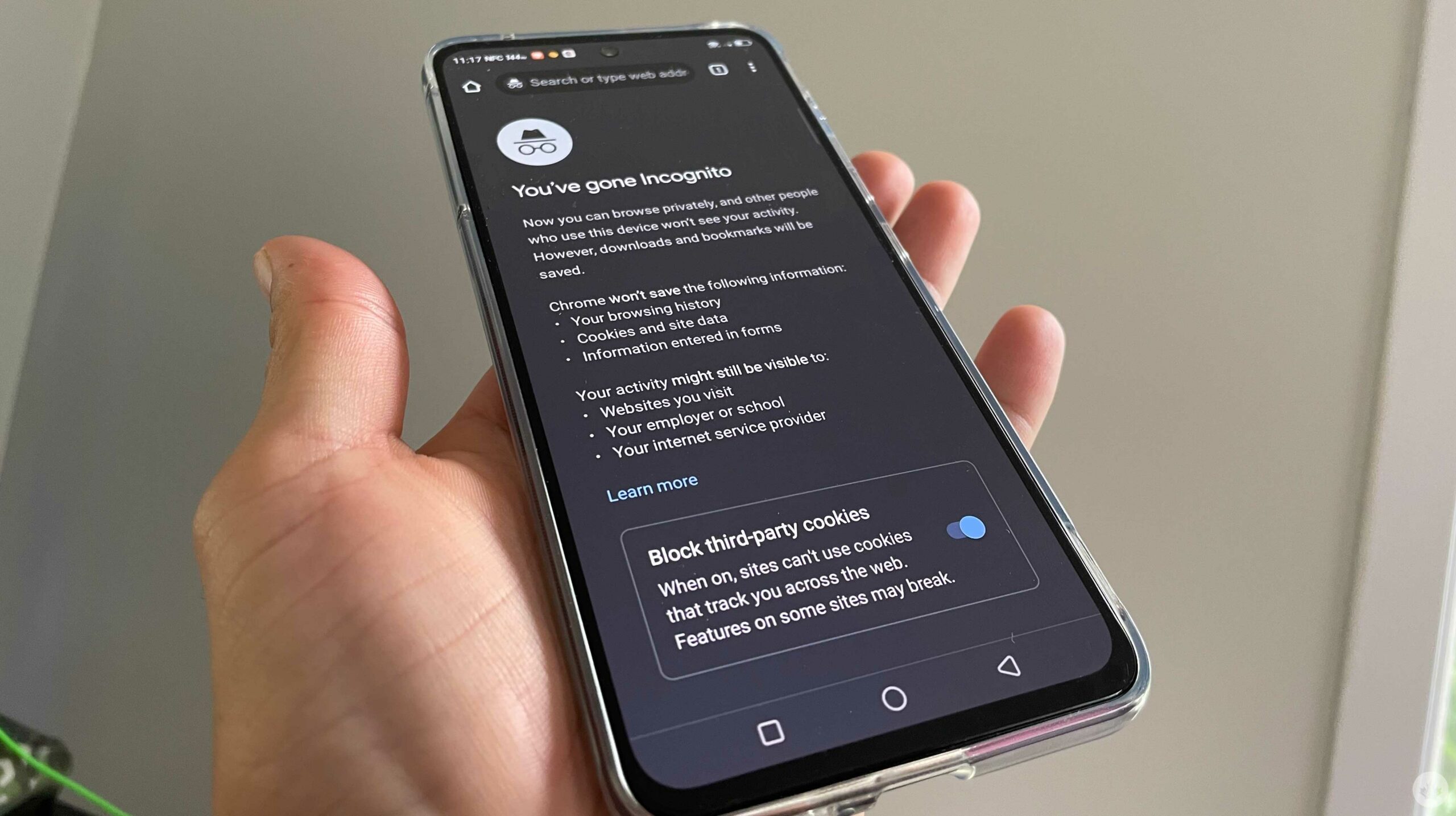
Safari, Chrome, Firefox and Microsoft Edge all have an incognito mode, albeit each company refers to their private browser with different names. One of the leading browsers, Chrome, is in the midst of revising the phrasing of the introduction text that shows up when you open a new Incognito tab.
First reported by the folks over at Techdows, the new phrasing is now live in the Canary build of Google Chrome. Instead of stating what information Chrome won’t save or who can still view your activity, Google plainly states “What Incognito does” and “What Incognito doesn’t do.” The new phrasing is expected to make its way to regular iOS, macOS, Windows, Chrome OS and Linux versions of Chrome soon.
This likely comes in response to a $5 billion USD (about $6.3 billion CAD) lawsuit that was filed against Google last year, which accused the tech giant of tracking users while they browse in Chrome’s Incognito mode. Specifically, the lawsuit accuses Google of violating U.S. federal wiretapping laws by tracking users’ online activity, even in Incognito mode.
The freshly worded version of Incognito describes what the private browsing mode does and does not do more clearly. However, it still does not explicitly state that Google continues to gather data from incognito browsing, which is a pivotal element of the lawsuit.
Image credit: Techdows
Source: Techdows
MobileSyrup may earn a commission from purchases made via our links, which helps fund the journalism we provide free on our website. These links do not influence our editorial content. Support us here.



